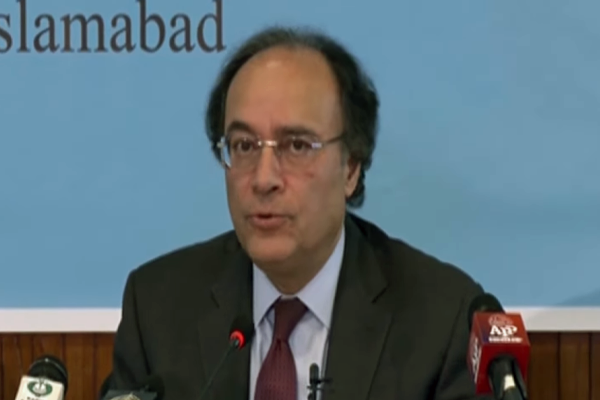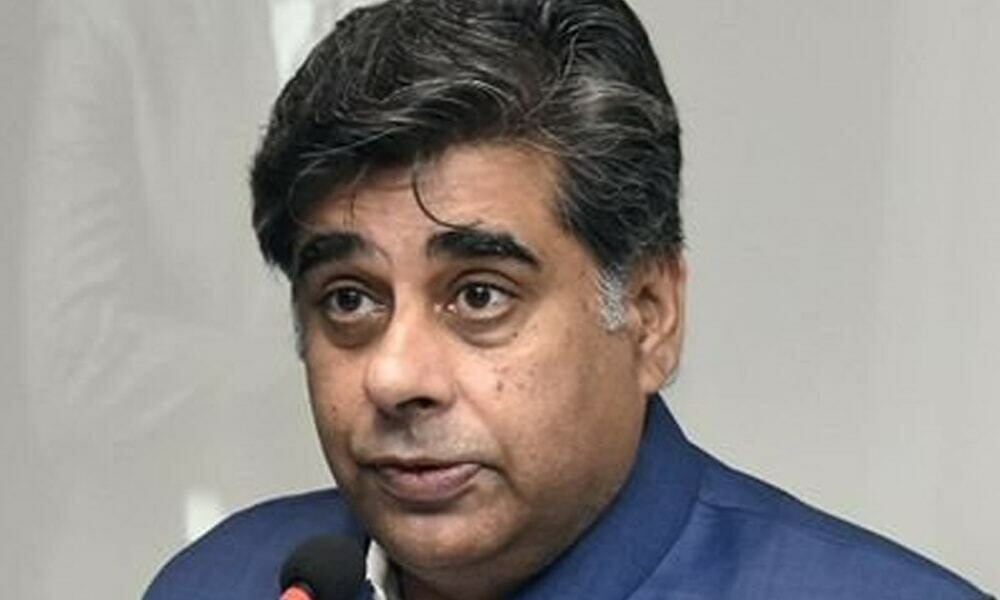PTBP Web Desk
Finance Minister Muhammad Aurangzeb has announced plans to launch a Panda Bond in China before June 2025. This initiative is not just about raising capital but also about strengthening economic ties between Pakistan and China.
The Panda Bond issuance aims to tap into Chinese investment by offering bonds in the Chinese market. According to Minister Aurangzeb, the goal is to raise approximately $200 to $250 million. However, he emphasized that “it’s not a question of amount,” but rather the establishment of a new financial relationship. “What is important is that we do go for an inaugural issue and then, once it’s successful, we can always keep it on tap,” he explained.
The decision to enter China’s capital markets comes at a time when Pakistan has been somewhat constrained in global financing options due to its sovereign credit ratings hovering around the “CCC” or “Caa” level. Despite recent upgrades following a $7 billion IMF bailout, Pakistan’s ratings still limit its international borrowing capacity. Aurangzeb acknowledged this, stating, “We have been missing out by not using the world’s second-largest capital market until now.”
Looking beyond the Panda Bond, Aurangzeb expressed ambitions for further financial integration with China and Hong Kong. He highlighted potential equity listings of joint ventures like Service Long March in Hong Kong, noting, “These JVs want to do equity (fund) raising, and in the international markets, Hong Kong is a very, very obvious choice for these joint ventures.” This approach aims at diversifying Pakistan’s funding sources and enhancing its presence in Asian financial markets.
The deepening of economic ties through projects like the China-Pakistan Economic Corridor (CPEC) has faced security challenges, with recent militant attacks targeting Chinese projects and personnel in Pakistan. Beijing has voiced concerns, urging Islamabad for better security measures. Aurangzeb assured that the government is highly attentive to these issues, stating, “We attach the highest attention at the highest level to the safety issue, not only for Chinese but for all foreign nationals in the country.” He also claimed that the security situation is “much better than what we see in the news.”
Despite the IMF’s conditions which might restrict new tax incentives or the establishment of new economic zones, Aurangzeb downplayed potential conflicts, noting that many existing projects under CPEC still need implementation. He reiterated that these conditions are not as restrictive as perceived, focusing instead on the execution of ongoing initiatives.




